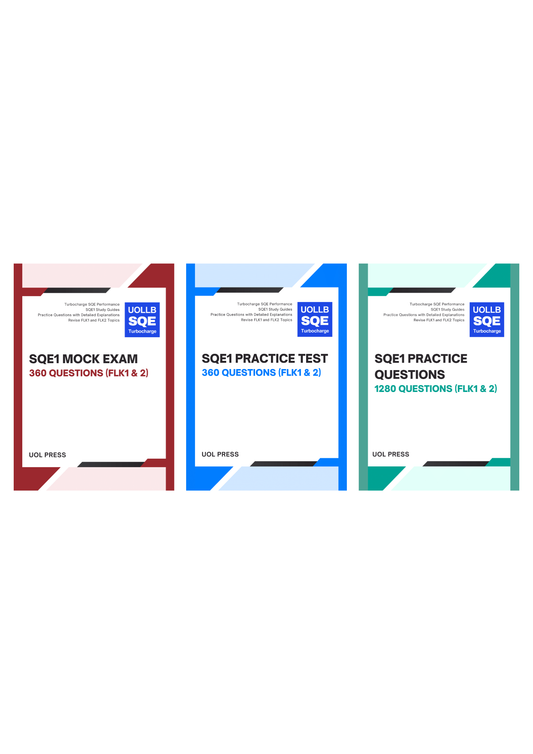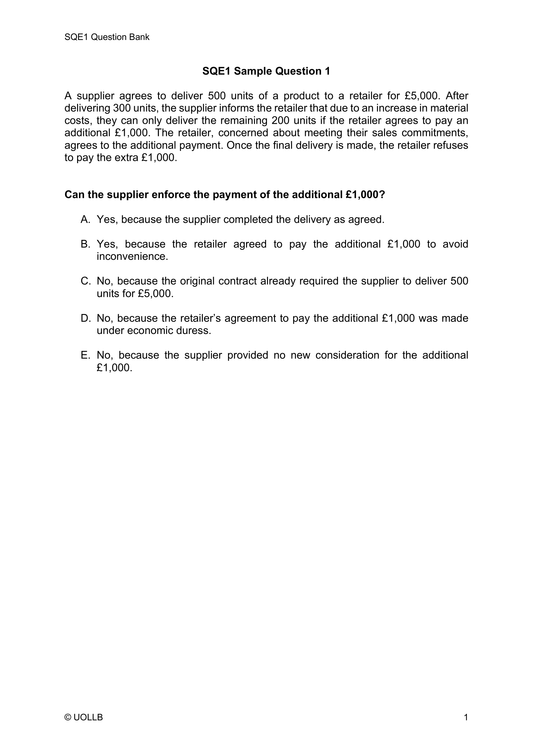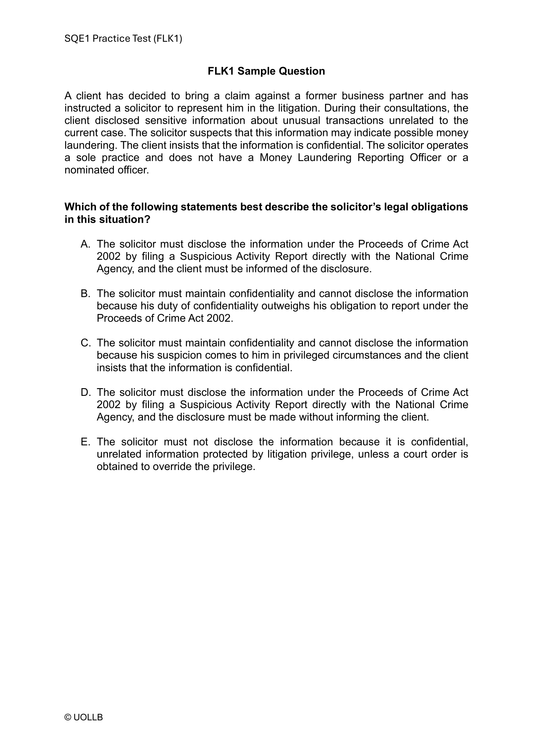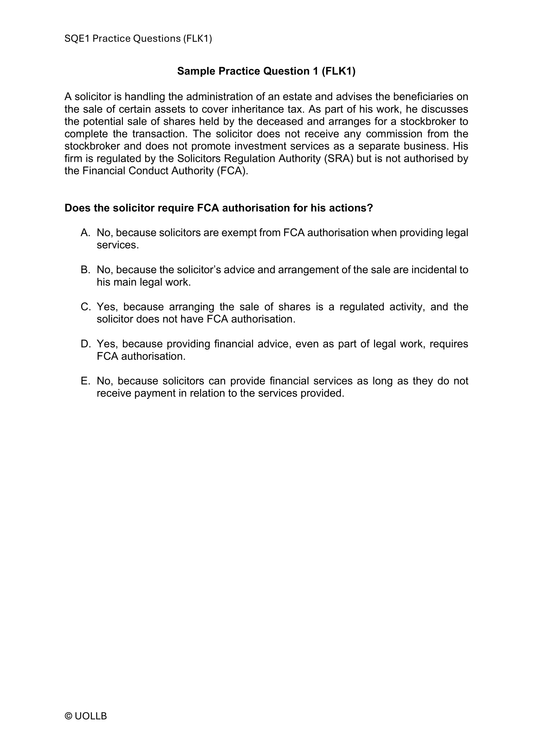How to Become a Lawyer in New York?
Share
Becoming a lawyer in New York requires a combination of academic qualifications, passing the bar exam, and satisfying some additional requirements. The process of becoming a lawyer typically takes several years to complete the following steps:
1. Earn a bachelor's degree
You must first obtain a bachelor's degree from an accredited college or university. The degree can be in any subject and there is no specific subject requirement.
2. Take the LSAT
You need to take the Law School Admission Test (LSAT) which is a standardised test that measures a candidate's reading and reasoning skills. It consists of multiple-choice questions and an essay, and is used by law schools to evaluate a candidate's potential for success in law school.
3. Attend a law school
You must then attend an American Bar Association (ABA) accredited law school and obtain a Juris Doctor (JD) degree. If you obtain a common law degree completed full-time on campus in 3 years in a foreign country, you are likely qualified to sit the bar exam directly. If your foreign law degree is not a common law degree, you need to obtain an LLM from an ABA accredited law school to top up your legal qualification before you can sit the bar exam.
4. Pass the UBE
After graduating from law school, you must pass the Uniform Bar Exam (UBE), which is a standardised bar exam that measures a candidate's knowledge of general legal principles. The UBE is a 2-day exam which consists of Multistate Performance Test (MPT), Multistate Essay Exam (MEE), and Multistate Bar Exam (MBE). On Day 1, you answer two 90-minute MPT questions in the morning and six 30-minute MEE questions in the afternoon. On Day 2, you take the MBE which consists of 200 multiple-choice questions.
5. Pass the MPRE
You must also pass the Multistate Professional Responsibility Exam (MPRE), which tests your knowledge of professional responsibility and ethics.
6. Complete the NYLC
You must complete the New York Law Course (NYLC), which is a 15-hour online course covering New York-specific legal principles and topics.
7. Pass the NYLE
After completing the NYLC, you must pass the New York Law Exam (NYLE), which tests your knowledge of New York law and procedure.
8. Complete the pro bono service
The state of New York requires all applicants for admission to the New York Bar to complete 50 hours of law-related pro bono service. Pro bono work must be law-related and supervised by an attorney, judge, or law school faculty or instructor in order to qualify.
9. Satisfy the SCR
Applicants must comply with the Skills Competency Requirement (SCR). There are five ways to satisfy the SCR: (1) law school certification of competence in skills and professional values; (2) 15 credits of experiential learning; (3) completion of the Pro Bono Scholars Program; (4) completion of a post-graduate apprenticeship; or (5) practice in another jurisdiction for a specific period.
10. Complete the Character and Fitness application
You must complete a Character and Fitness application, which requires you to disclose any criminal history, disciplinary actions, or other issues that may affect your suitability to practice law.
After completing all of the above steps, you are eligible for admission to the New York Bar. You are reminded that the above requirements may change from time to time, so it is important to keep yourself updated with the latest regulations and requirements set by the regulator.





























































